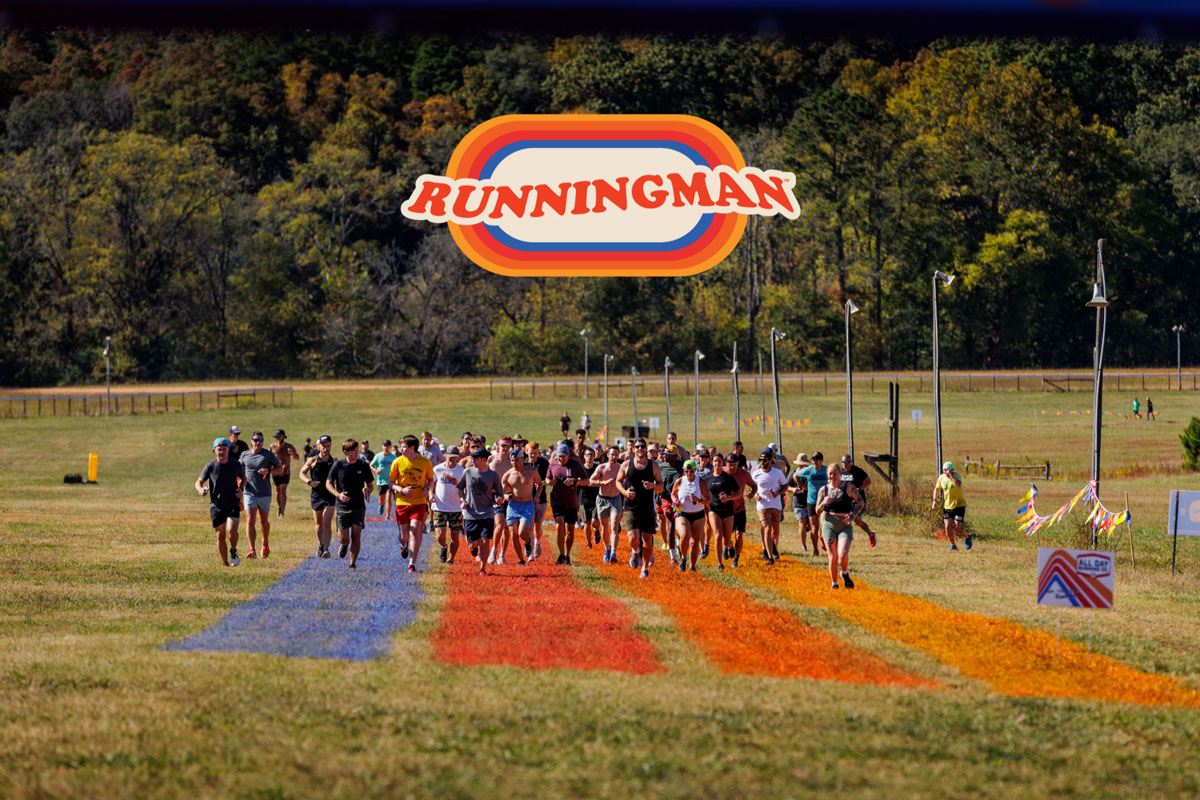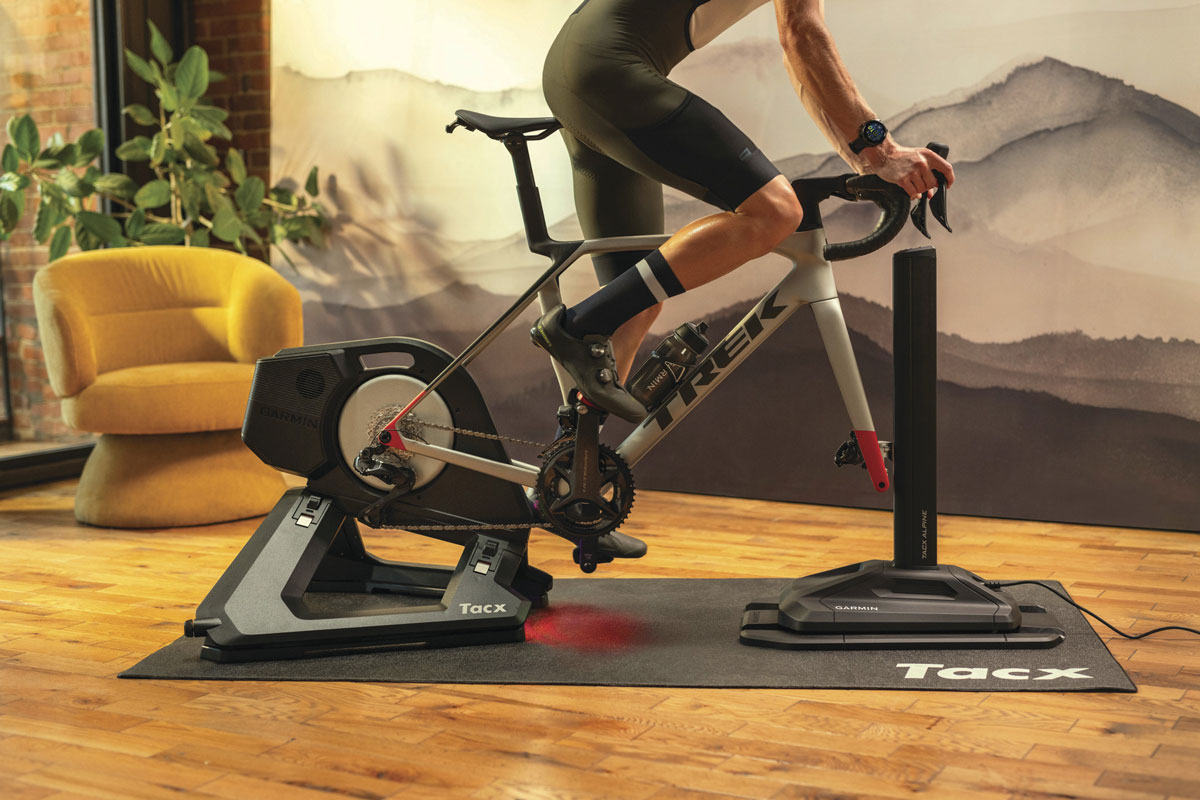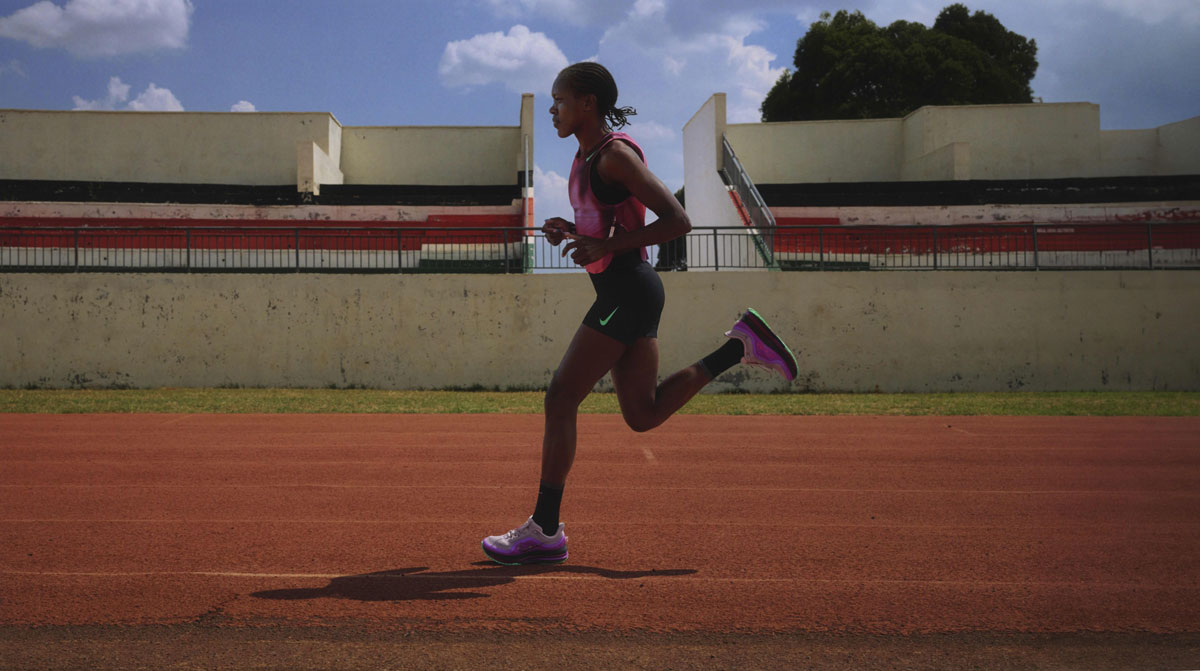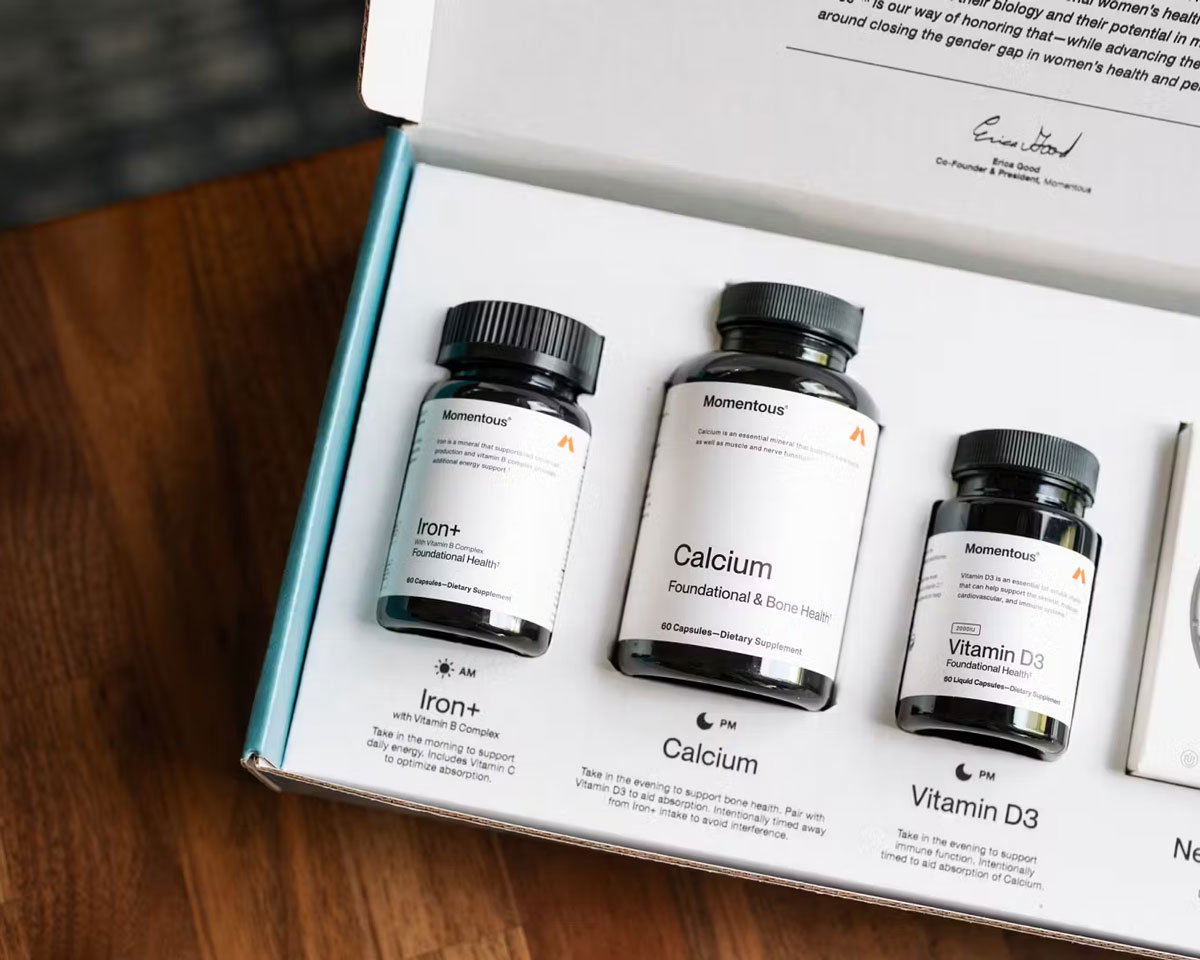
Post-run snacks (and meals) for optimal recovery
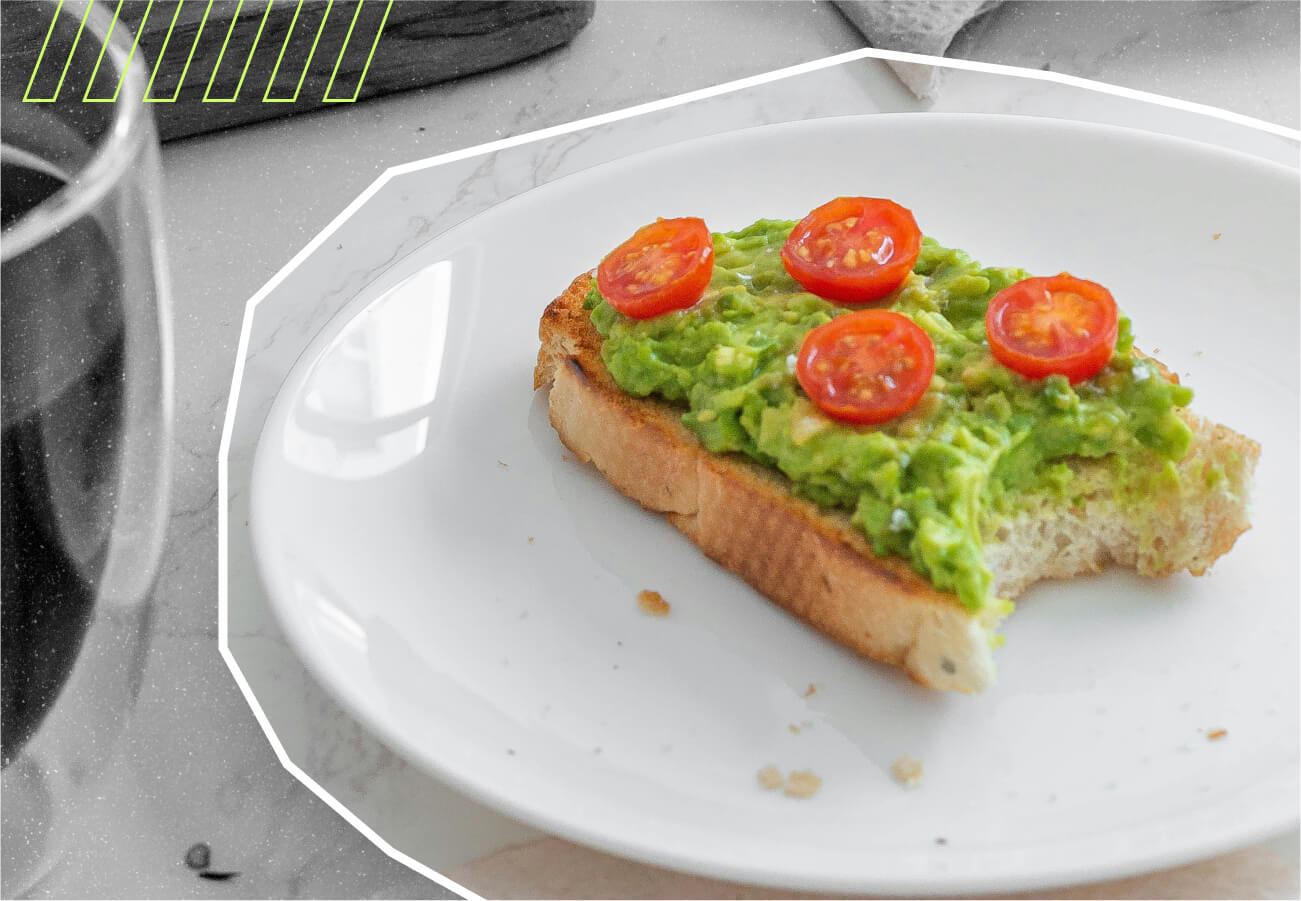
Post-run nutrition can make or break your workout routine. How and when you refuel is central to optimizing your recovery and cardiometabolic gains. Whether you’re training for a marathon or simply enjoying a brisk morning jog, what you eat post-run can significantly impact your future performance.
As you may already know, every time you hit the pavement, you’re not only burning calories and working your muscles but also pulling from your own nutrient stores to keep your body in a high-performance state.
So, let’s get into the nitty-gritty and explore what makes an ideal post-run snack for optimal run recovery and sustained future endurance.
Understanding your post-run nutritional needs
To understand your post-run nutritional needs, let’s start with the basics: which nutrients fuel your workout, and which ones are required to help you recover optimally?
Carbohydrates
With each stride you take on your run, your body taps into its fuel stores to keep your momentum steady and allow your muscles to fire in coordination. Roughly half of the energy you use at the beginning of your run comes from glucose in your blood (a fuel source provided by carbohydrates). The other half comes from glycogen (the storage form of glucose) and some fatty acids.
As you can see, carbohydrates play a critical role in fueling your movement. As the duration and intensity of your run increases, your body begins to rely more heavily on stored glycogen because blood glucose gets used up relatively quickly, and fatty acids eventually play a larger role as backup fuel as well.
While the body’s fat stores are typically pretty robust, glycogen stores are limited, so after your run, your cells crave carbohydrates to refuel them so they can carry out all of your post-run maintenance needs. That’s right, carbohydrates don’t just fuel your workout but also play a vital role in post-workout recovery.
Protein
After your run, your hard-working muscles require a solid hit of protein to optimize recovery on a cellular and tissue level. During your workout, your muscles were stressed, potentially sustaining microtears. In order for your muscles to bounce back stronger, they must receive adequate dietary amino acids (found in protein-rich foods) for tissue growth and repair[*].
Antioxidants
While running can help to train and develop your metabolic capacities, it also comes with a healthy amount of oxidative stress. This acute oxidative state is nothing to shy away from, but it does mean that your body may require some extra antioxidant power to re-balance itself.
In fact, studies show that adequate antioxidant activity can directly impact exercise performance and recovery.
Electrolytes
And, of course, we can’t forget about electrolyte balance and hydration. Depending on the duration and intensity of your run, you may lose quite a bit of water and electrolytes, which you’ll need to readily replenish.
Electrolytes are crucial for cellular and nerve signaling, muscle contraction, and fluid balance throughout your body. As such, they play an important role in exercise recovery.
How soon should I eat post-run?
After your run, your body is hungry for nutrients. You’ve likely lost quite a bit of glycogen (carbohydrate stores) during your workout, and for your muscles to recover optimally, they’re going to need to call on your amino acid and antioxidant resources.
The optimal window for a post-run snack or meal is within one hour after your run. That said, depending on the intensity and distance of your run, sooner is even better – ideally within 30 minutes post-run.
Why?
During the post-exercise period, dietary carbohydrates take about four hours to digest and become incorporated into glycogen. If you’ve just completed an intense workout that drained your glycogen stores, you’ll want to start refueling as soon as possible.
Additionally, some research suggests that we have a limited “anabolic window,” which is a time period in which we can provide protein to our muscles for optimal recovery. The window is generally thought to be less than an hour after completing the exercise.
Quick and easy post-run snacks
Getting a mix of carbs and protein after your run refuels your cells and supports recovery. But as you learned, time is of the essence, which means that having some nutrient-rich snack options on hand is key.
Below are five post-run snack options to refuel your glycogen stores and optimize recovery.
1. Greek yogurt

Berries are an excellent option to add to Greek yoghurt for antioxidants.
Greek yogurt is rich in protein (over 10 grams in ½ cup) and has a nice dose of carbohydrates to go with it. Greek yogurt is a fantastic option post-run because you can play around with the toppings. For extra carbs, add some granola or fruit (berries are an excellent option for antioxidants), and add some nuts or seeds for a boost in protein.
2. Recovery bars
There are endless recovery and protein bar options out there. On the plus side, these guys are very convenient – just toss it in your bag, and you’re good to go. The downside, however, is that many of the bars you find on the market are made with low-quality ingredients.
But don’t throw the baby out with the bathwater. You can find cleaner bars out there if you do some searching. The key things to look for with a recovery bar include the following:
- Real food ingredients (i.e., ingredients you can pronounce that you can imagine growing in nature)
- Natural sources of sugar including honey, maple syrup, and dates.
- Protein content that provides at least 10 grams of protein per bar
RXBAR does a nice job of hitting all three with a variety of different flavors.
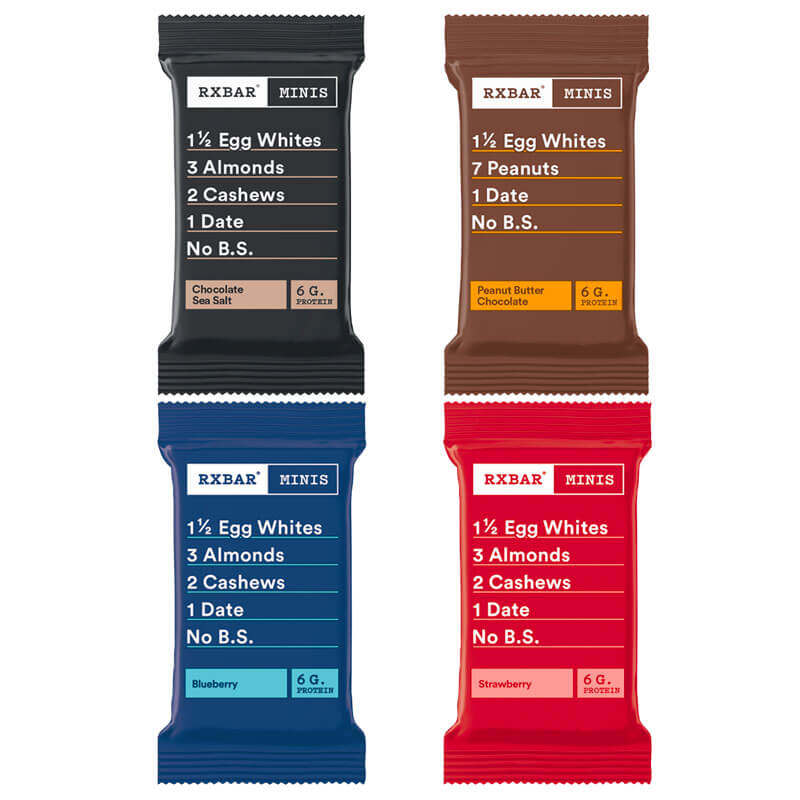
3. Nut butter with fruit

Nut butters can be spread on almost any type of fruit.
The perfect pair, nut butters (almond butter, peanut butter, cashew butter, whichever you like) can be spread on almost any type of fruit. A fan favorite is a banana with nut butter, as the banana adds a nice dose of easily digestible carbs with the addition of potassium (an electrolyte your muscles will be craving post-run).
Nuts themselves are a source of protein, fat, and carbs, which makes them an ideal on-the-go snack for refueling.
4. Egg and banana pancake

Eggs provide protein and bananas provide carbs along with potassium.
It may sound strange at first – but egg and banana pancakes (sometimes referred to as “paleo pancakes”) are a delicious and nutritious way to boost your glycogen stores and give your body a nice dose of protein at the same time.
Eggs are considered the “perfect protein” due to their amino acid content and high digestibility. As previously mentioned, bananas provide a hefty hit of carbs along with potassium for your electrolyte needs.
5. Protein-enhanced cereal
An easy way to sneak more protein into your snack is by adding a protein drink to everyday foods like cereal. This is exactly what Amanda Brooks, Certified Running Coach and writer at Run to the Finish recommends:
“I love a bowl of cereal with some nut butter, and I use Core Power for my milk to get in that needed protein. It’s hitting on all the things that I need, and it just makes me happy, which is a win,” explains Brooks.
Quick post-run meal ideas
If you have extra time on your hands or have just completed a more rigorous run, you’ll want to upgrade your post-run snack to a more well-rounded meal. Here are a handful of nutrient-rich meal options to enjoy after your run:
1. Omelet with a side of carbs
Eggs are not only an excellent source of protein, but they are also pretty quick to whip up. In less than ten minutes, you can make an omelet with 2 or 3 eggs, some cheese, and veggies. Each egg contains around 7 grams of protein and is rich in antioxidants and micronutrients to help your muscles bounce back from your workout.
Enjoy your eggs with a side of whole-grain toast, brown rice, quinoa, or potatoes to help restock your glycogen.
2. Avocado toast

Avocado toast is loaded with high-quality fats.
Avocado toast is a quick, easy, and versatile meal that’s loaded with high-quality fats.
Every cell in your body is surrounded by a layer of fat, so ensuring that you’re consuming adequate levels of healthy fat in your diet is crucial. Avocados, much like olive oil, are rich in omega-9 fatty acids. Studies show that omega-9s may help to control inflammation and promote heart health, making them ideal for athletes of all kinds. Avocados are also a source of vitamin E, a fat-soluble vitamin that doubles as an antioxidant.
For protein, you can top your toast with eggs, salmon, tuna, cottage cheese, or any other protein that sounds good.
“An ideal post-morning run snack could be avocado toast with a couple of eggs or salmon. It’s absolutely going to restock your glycogen while also giving you protein for muscle recovery and helping to fill you up so that you aren’t ravenous in a few hours,”Amanda Brooks.
3. Beet and chicken salad
For the salad lovers out there, a beet and chicken salad is an ideal combo for getting in your protein and carbs. Beets are not only rich in natural sugars to help restore your glycogen, but they also contain nitrates, which research shows may enhance running performance and stamina.
Drizzle a little olive oil on top of your salad for those omega-9 fats, and you have an ideal runner’s superfood meal.
4. Loaded oatmeal

Add additional toppings to your oats for a nutritional boost.
Oatmeal is packed with complex carbohydrates to refill your glycogen stores. With the addition of toppings, however, oatmeal can turn into a powerhouse meal packed with nutrient density. Some topping ideas include:
- Nuts and seeds for extra fat and protein
- Chia seeds for fiber and healthy fats
- Protein powder
- Berries for natural sugar and antioxidants
- Cacao nibs for a hit of antioxidants
- Honey or maple syrup for natural sweetness
Hydration and electrolyte balance post-run
In addition to your post-run nutrition needs, you also want to ensure that you’re rehydrating your cells for optimal nutrient transport and muscle recovery.
Your body requires an adequate fluid balance for your cells to push toxic waste out and usher nutrients in. Your muscles also require proper hydration for optimal performance due to the role of electrolytes in muscle contraction.
After your run, you may find that you’re acutely dehydrated due to all the fluids lost from sweating and heavy breathing, which is why post-run hydration is crucial.
Some tips to help you rehydrate post-run include:
- Allow your body time to absorb your fluids; no need to chug water but rather sip consistently following your run.
- Switch out your plain water for coconut water, which is naturally rich in glucose and electrolytes.
- Rely on electrolyte drinks that contain a balance of sugar and electrolytes like potassium, sodium, and magnesium.
- Consume water-rich foods like watermelon for a source of glucose (to refill your glycogen) and water.
- Avoid drinking ice-cold water, which can be harsh on your stomach and cause cramping. Instead, opt for room temperature or cool (not freezing cold) liquids.
Takeaway: Benefits of good post-run nutrition
Your post-run recovery process is just as important as the run itself. Choosing the right foods for your recovery meals will give your cells the nutrients they need to bounce back while helping to restore your glycogen so that your immune system, metabolism, and all other physiological functions can continue running smoothly.
And, of course, giving your hard-working muscles the amino acids they need for muscle repair is vital.
Post-run nutrition helps you recover and sets you up for future success by providing your body with the nutrients it needs for enhanced resilience and performance. With a little planning ahead, your post-run snacks can help to level up your endurance and keep you hitting the pavement for years to come.
 Published on Feb 18, 2024 by
Published on Feb 18, 2024 by 


